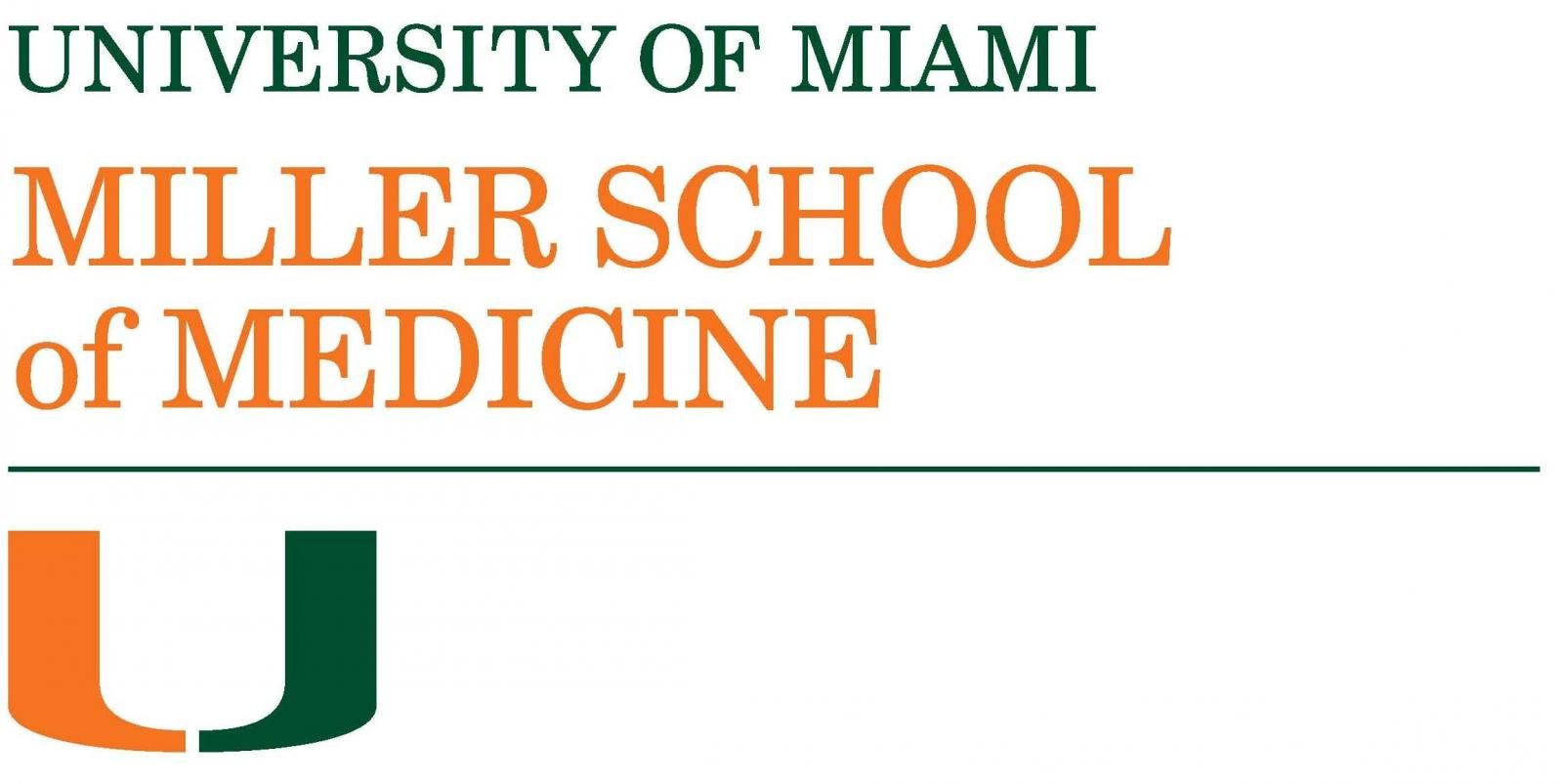
Role of the Cognitive Stress Test in Improving Future Alzheimer Clinical Trials: Rosie Curiel, PsyD

The associate professor of neuropsychology at the University of Miami Miller School of Medicine discussed how a new innovative tool can further characterize cognitive status and improve evaluation of agents in development for Alzheimer disease. [WATCH TIME: 2 minutes]
WATCH TIME: 2 minutes
"Ultimately, moving forward, we need better paradigms, just like we’ve had better assays and better imaging, we need better cognitive paradigms. That’s what we’re trying to contribute our neurocognitive, neuroscience expertise to."
As the community continues to learn more about the pathology of Alzheimer disease (AD) and other neurocognitive disorders, understanding the true efficacy of agents in development continues to be a point of conversation. Part of the issue stems from the inability to accurately distinguish patients in their cognitive states, which can lead to faulty or inaccurate results when evaluating developing agents. One innovative tool, the Cognitive Stress Test (CST), was recently developed to help differentiate cognitively unimpaired older adults from those with pre-mild cognitive impairment (pre-MCI) and amnestic MCI (aMCI).
This computerized paradigm requires an individual to learn a list of 18 semantically similar words, and directly assesses participants’ ability to recover from retroactive semantic interference (frRSI) and proactive semantic interference (PSI). Previous studies have characterized difficulties with inhibitory processes, self-monitoring, and specifically, PSI, as early features of incipient AD. Findings on the CST presented at the
In an interview with NeurologyLive®, study investigator Rosie Curiel, PsyD, discussed the long-term implications of these findings, and their impacts on future clinical trials. Curiel, an associate professor of neuropsychology at the
REFERENCE
1. Nahmias L, Beaulieu AN, Ortega A, et al. The Cognitive Stress Test (CST): an innovative tool to differentiate cognitively unimpaired (CU) older adults from those with pre-mild cognitive impairment and amnestic MCI. Presented at: AAIC; July 31 to August 4; San, Diego, CA. 63696
Newsletter
Keep your finger on the pulse of neurology—subscribe to NeurologyLive for expert interviews, new data, and breakthrough treatment updates.










